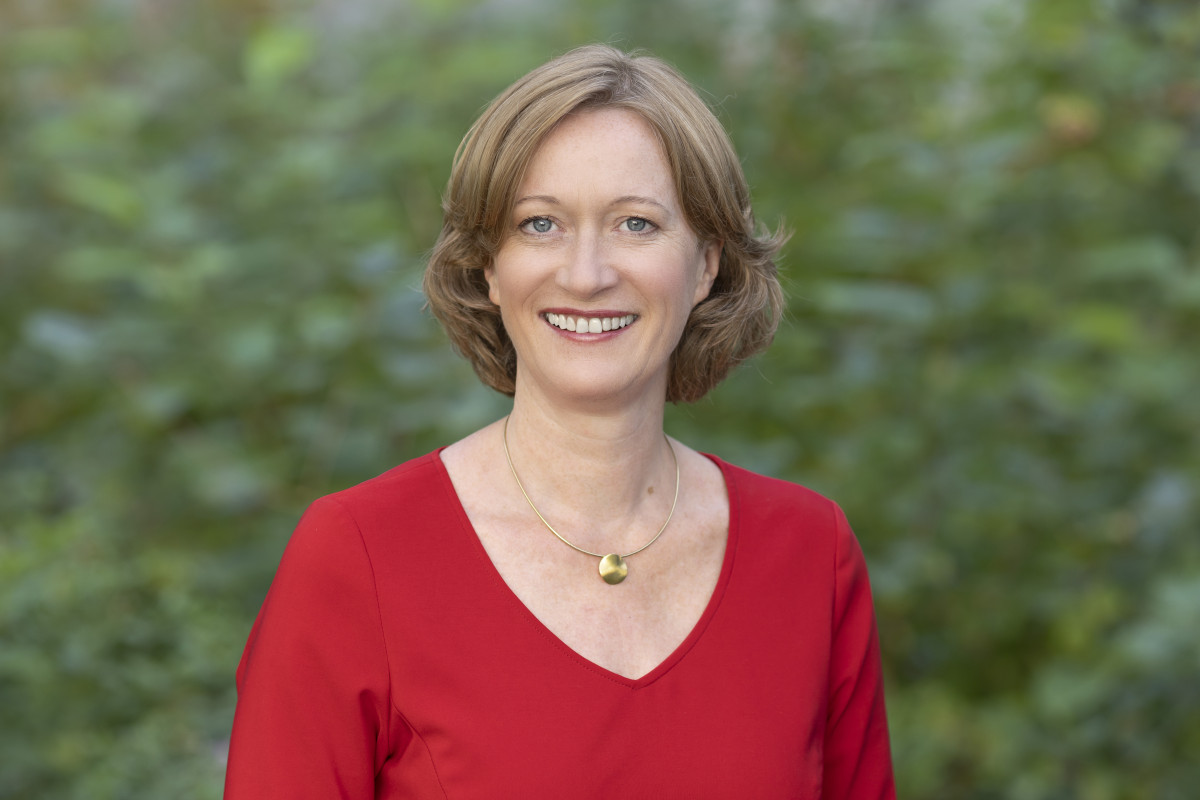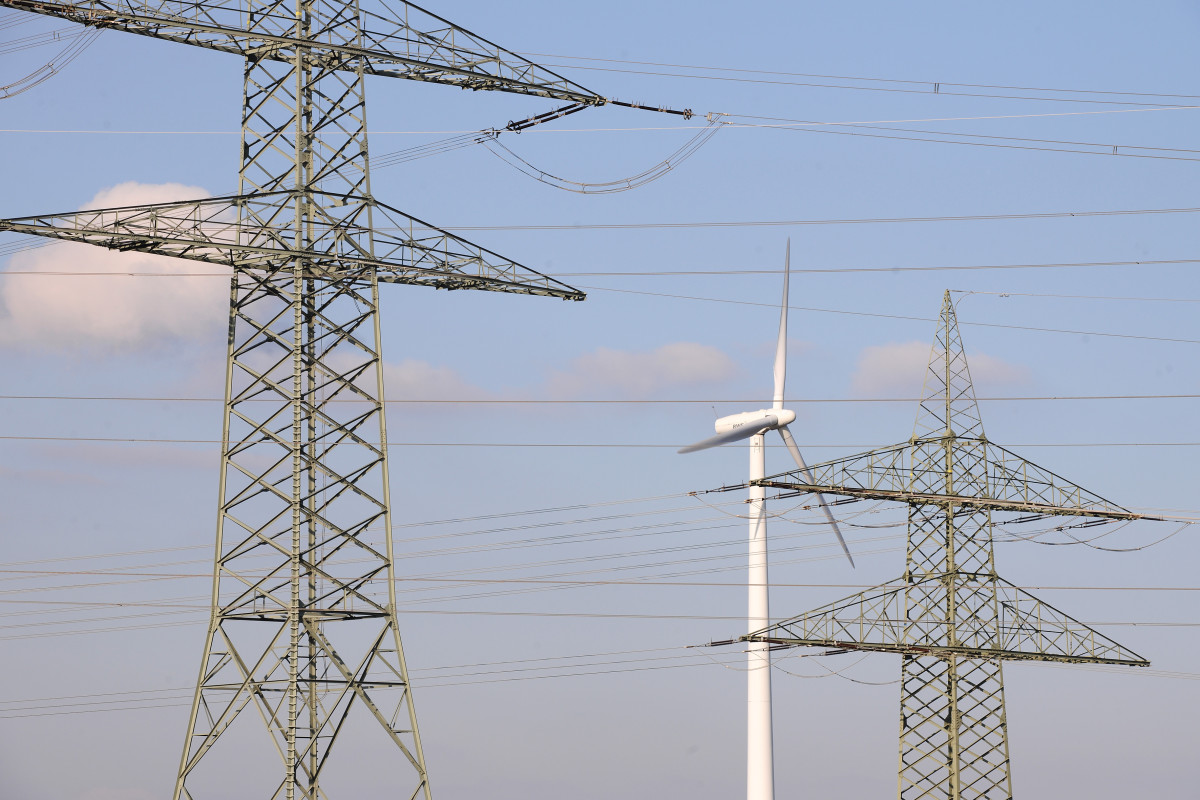Preview 2023: 'Investment offensive' must secure fossil fuel independence - energy industry
This interview is part of a series to preview the German and European energy and climate policy in 2023. The other interviews will be published in the coming weeks.
Clean Energy Wire: Energy and climate policy in the year 2022 has been dominated by Russia's war on Ukraine and the European energy crisis. What impact do you expect the war to bring next year and which other topics will likely dominate the agenda in the energy industry in 2023?

Kerstin Andreae: The development of energy prices for households and businesses will continue to be a dominant topic in the coming year, in addition to questions about the security of supply. One core topic must be at the top of the agenda: effective climate protection measures.
In order to mitigate the effects of the extreme rise in energy prices on consumers, the German government introduced a series of 'relief packages'. Additionally, industry together with the government have taken steps to fill gas storage tanks and diversify energy supplies. As a result, we can be reasonably optimistic about the supply situation this winter. It is important, however, to continue along this path consistently. The winter of 2023/2024 will be an even greater challenge, because unlike this past year, we will no longer receive gas from Russia during the summer storage phase. It is therefore important to continue to save gas wherever possible.
To become independent of fossil energy imports in the long term and sustainably reduce energy prices, we must tackle the problem at its root. In BDEW's view, this requires an ‘investment offensive’ in future technologies in order to significantly increase generation capacity, especially of cheap green electricity. We need investments in renewable energy, as well as in storage systems, grids and hydrogen-ready power plants. For the latter, we now need a fast ramp-up of hydrogen. Every additional kilowatt hour increases the amount of electricity available and can help to lower prices and secure supply in the future.
Chancellor Scholz's traffic light coalition has just finished its first year in office - what do you think the administration got right so far and what does it have to deliver on most urgently next year?
There is probably no other government which, right from the onset, was confronted with such extreme challenges as the current one. I think a lot has been done in this time and important measures have been taken, such as ensuring German gas storage tanks were filled at a rapid pace and providing financial security for companies which are indispensable for the import of gas.
Parallel to the challenges posed by the war in Ukraine, the government adopted many important measures with the so-called Easter Package that will accelerate the expansion of renewable energy. It must now continue along this path. There are still too many obstacles to the expansion of renewable energy, such as a lack of available land and excessively long planning and approval procedures. Removing these obstacles must be at the top of the government's to-do list for the coming year.
Which topics have been overshadowed by the crisis in 2022 and should receive more attention in the new year?
The energy transition has been somewhat out of the public eye in recent months due to the crisis. This needs to change again. Even if the energy crisis required us to take one or two steps back this past year, we must not lose sight of the goal of climate neutrality.


